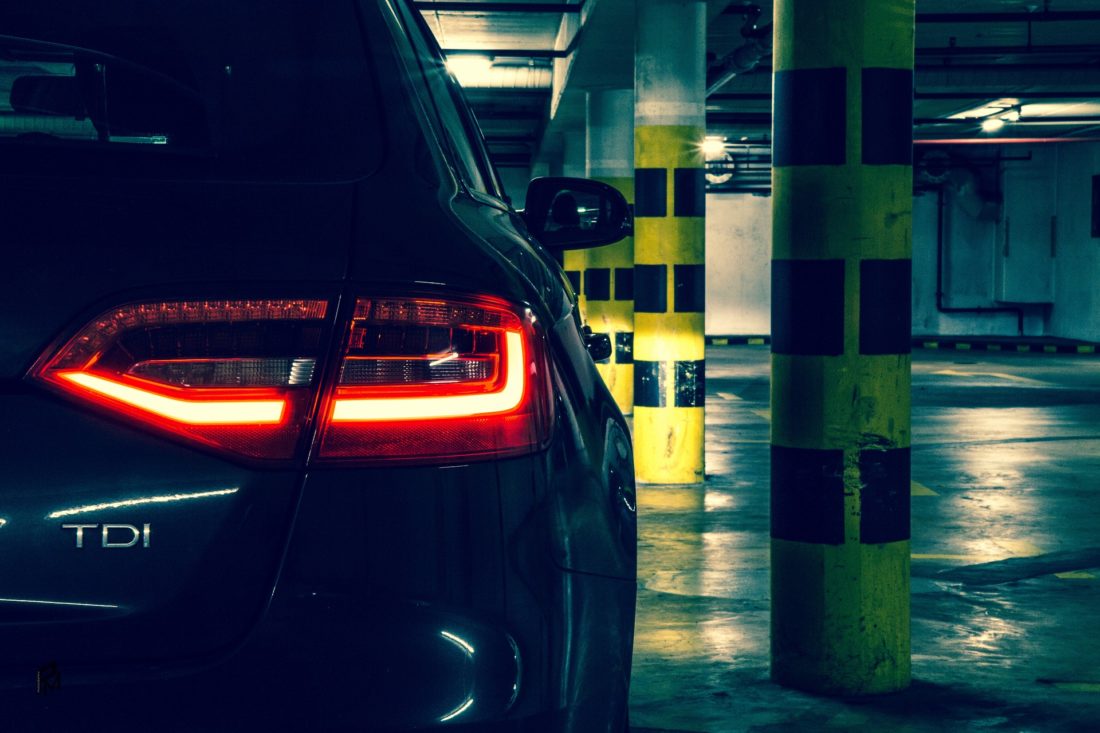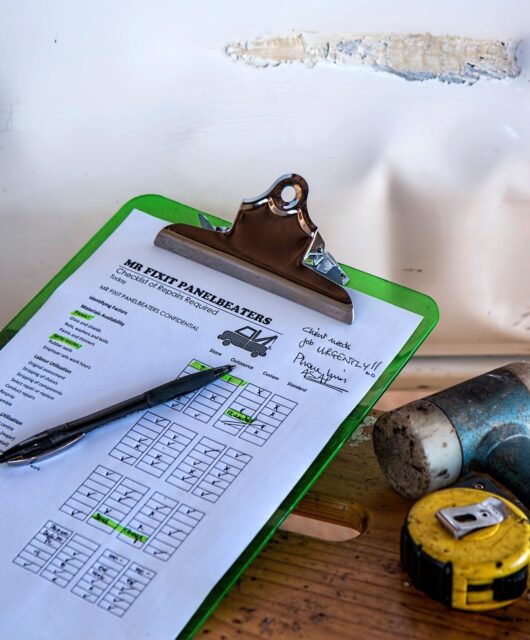Is It Important to Keep Your Car in a Garage?

Garages are more than just aesthetically pleasing additions to your house; they serve a valuable purpose in protecting your car from certain types of damage, and maximizing its lifespan. Unfortunately, not every home comes equipped with a built-in garage or parking facility. You may be forced to park in the street, or in your driveway.
So how much damage could this really cause? Is it necessary to keep your car in a garage, or can you get away with outdoor parking?
Any Shelter Will Do
As you’ll see, you don’t need a big or fancy garage to get the most important benefits of parking your car in a garage. Even an inexpensive carport kit or garage kit could feasibly provide you with the same advantages. The point is to give your vehicle a covered, at least partially enclosed space in which to park for extended periods of time.
The Benefits of Parking in a Garage
Parking your vehicle outdoors for a few hours is never a concern. Cars are designed to travel, after all, and you can’t always control what parking options are available at your intended destination. But if you’re going to keep your car in the same place for several days or longer, you’ll see multiple benefits from keeping it in a garage:
- Protection from harsh weather. Harsh weather can deteriorate your car in many different ways. Perhaps most obviously, hail and other forms of precipitation can ding or chip away at your vehicle’s exterior. Harsh sunlight can, over time, fade your paint job. And if you live in an area that gets lots of snow, it can be a pain to dig your car out after a heavy snowfall. A garage will protect your car from all of these possibilities.
- Protection from temperature extremes. Exposure to extreme temperatures can be bad for your vehicle as well. Your car is designed to function in stable temperature conditions, and repeated exposure to the harshest temperature extremes can interfere with its efficient operation. Garages can stabilize your car’s surrounding temperature, keeping it in better condition for longer.
- Protection from dings and scratches. Parking in a garage will significantly lower the risk of your car being struck by another car or passerby. Small dings and scratches may not affect your vehicle’s performance, but they can decrease its value.
- Protection from theft and vandalism. It’s practically impossible to guarantee that your vehicle won’t be stolen or vandalized, but most thieves are opportunists. If your vehicle is locked in a garage, or if it’s out of sight, they’ll be far less likely to target it.
- Lower insurance costs. The majority of insurance providers offer discounted rates to people who face lower risks of damage and theft. If you tell your insurance agent that you park in a secured garage every night, you’ll probably end up paying a lower rate for your car insurance.
Compensating for the Lack of a Garage
If you’re forced to park on the street regularly, or if you otherwise don’t have access to a garage, there are a few steps you can take to compensate for the increased damage and risks you may face:
- Park safely. Parking on the street is inherently riskier than parking in a garage, but some areas of the street are safer than others. If you have the option, try to find an area of the street that isn’t frequently trafficked, or park in your driveway as close to your home as possible. You can also improve the safety of your parking spot by installing motion-detecting lights or security cameras.
- Coat your vehicle with wax. Waxing your vehicle is one of the most efficient ways to protect it from harsh weather elements. One or two coats of wax each year will provide your vehicle with a thin film that can protect the paint job from being deteriorated by elements like sun, hail, and rain. It doesn’t take long to apply, and it can have a dramatic impact on the longevity and appearance of your vehicle.
- Warm up your vehicle before driving. In the coldest months of winter, take the time to warm up your car before you drive it. This will give the engine time to get properly lubricated, and ensure it’s working at least somewhat efficiently before you push it to its limit.
It’s not strictly necessary to keep your car in a garage. Your car will continue to operate efficiently, and may still have a long lifespan if you park on the street or in a driveway outside. However, if you want to get the most of your vehicle, you should take at least some steps to protect it from the elements.









